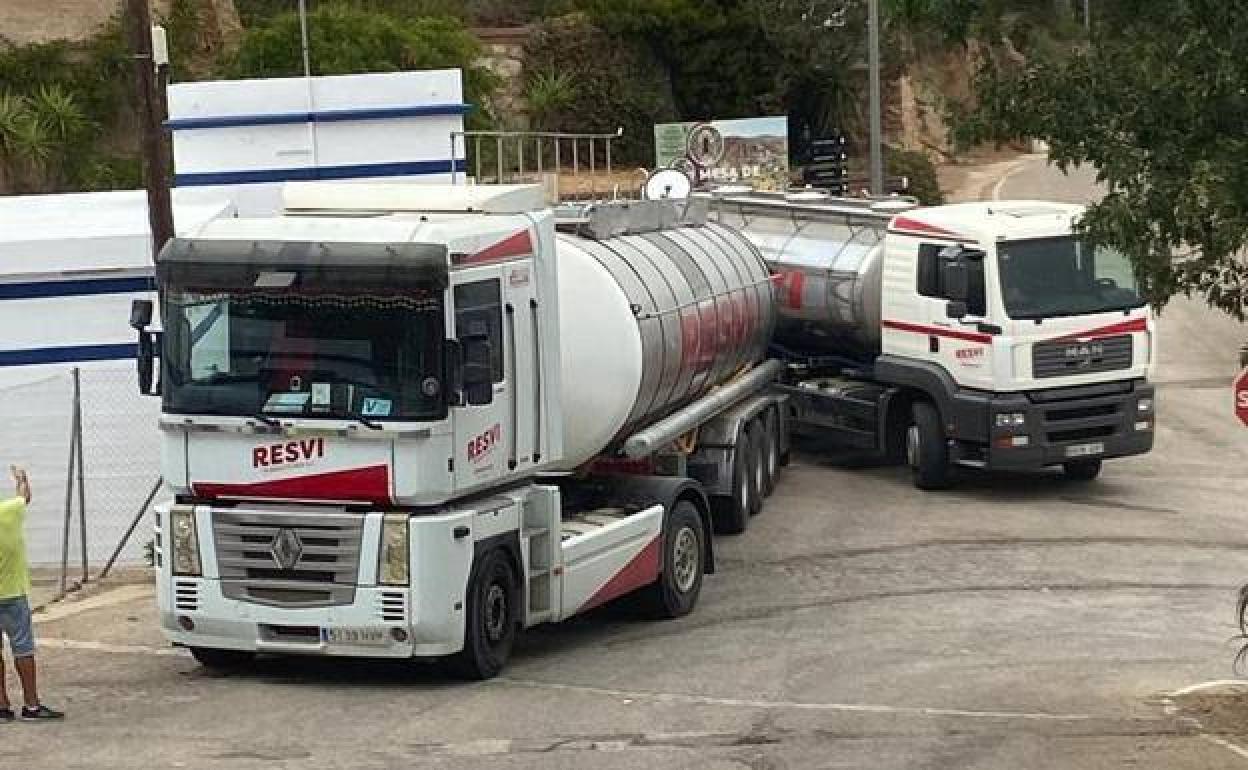Comares residents fined for excessive water use
Twenty-one households in the Axarquía village have had to pay 300 euros each for using more than 200 cubic metres in the last three months
Comares town hall has started to fine residents who have used more than the 200 cubic metres of water permitted per household in the last three months. So far it has sanctioned 21 residents for exceeding the limit.
The mayor of Comares, Manuel Robles (PP), has indicated that the fines will initially be 300 euros, but could increase to as much as 3,000 euros per household for persistent offenders and "for improper use of drinking water". The amount is on top of the normal water bill.
A notice published by the town hall read that the was a "prohibition of the use of water resources suitable for human consumption for certain activities, such as street washing, filling private swimming pools and showers in these or similar enclosures, watering gardens, public and private parks, washing cars or for ornamental fountains that do not have a closed water circuit".
These measures are stipulated in the two drought decrees approved by the regional government in June 2021 and in March of this year applying to the 14 municipalities whose supply comes from the reservoir.
The town hall's official document approved unanimously by the council also stated that "water unfit for human consumption may be used for survival irrigation of gardens or public parks, being restricted to a maximum of 200 cubic metres per hectare per month, all in accordance with the agreements adopted at the time by the drought management commission of the Hydrographic Demarcation of the Andalusian Mediterranean Basins".
Water tankers
The agreement signed by Robles also included the activation of "water saving plans by the town hall with the objective of achieving at least a 20 per cent reduction in human supply", in accordance with the drought decrees. However, these figures have not been achieved so far across the Axarquia, as the per capita consumption in the 14 municipalities that are supplied by La Viñuela reservoir was 336 litres between 1 October 2021 and 30 September 2022.
Around 50 per cent of the village has been relying on water trucks since the end of August, when the three wells that supplied drinking water dried up. "They have been bringing in tankers to guarantee supply at a cost 14 times higher than what the residents are charged for water, while these people have squandered the water filling swimming pools, watering gardens and so on when there is an extreme shortage of this much-needed commodity," said Robles.

